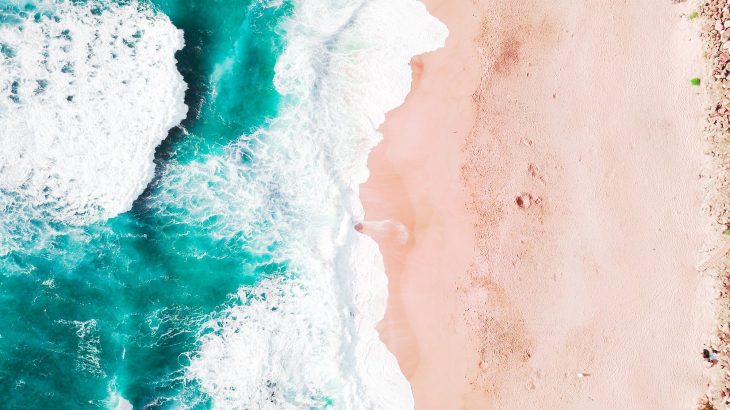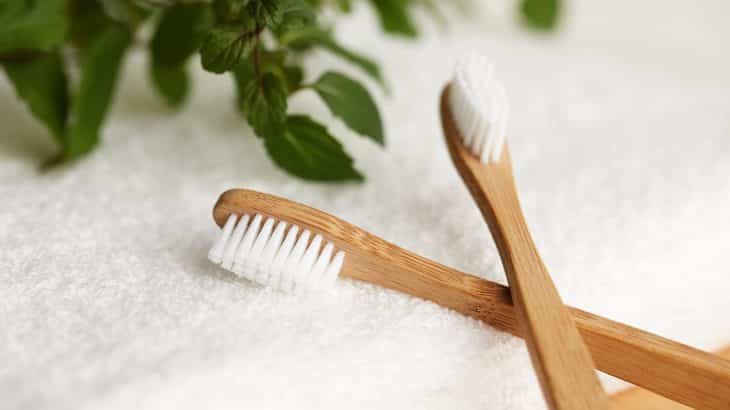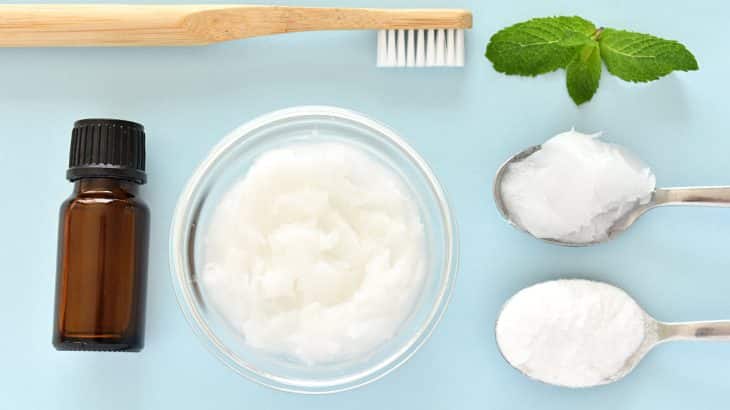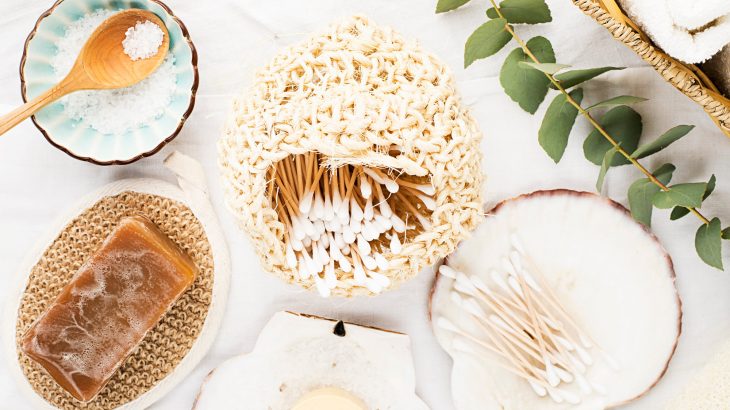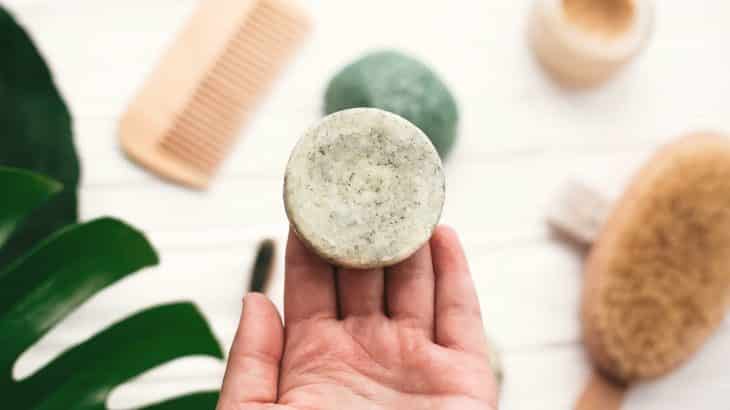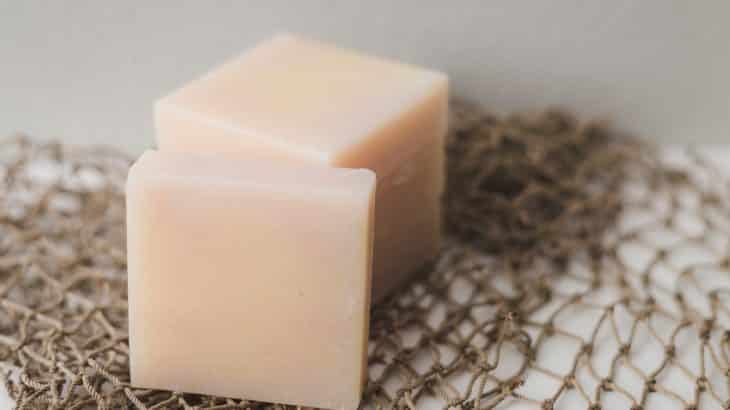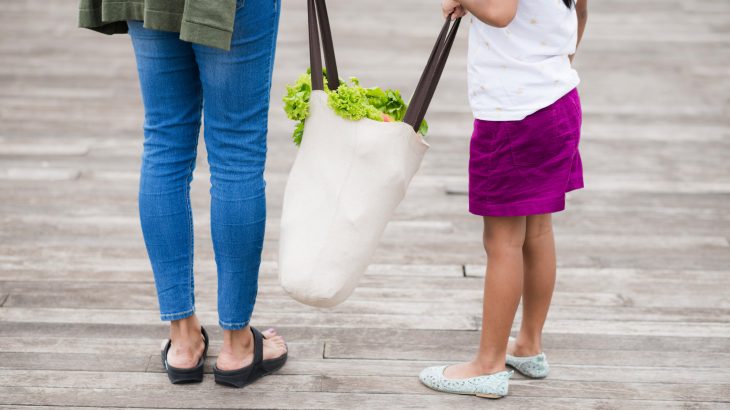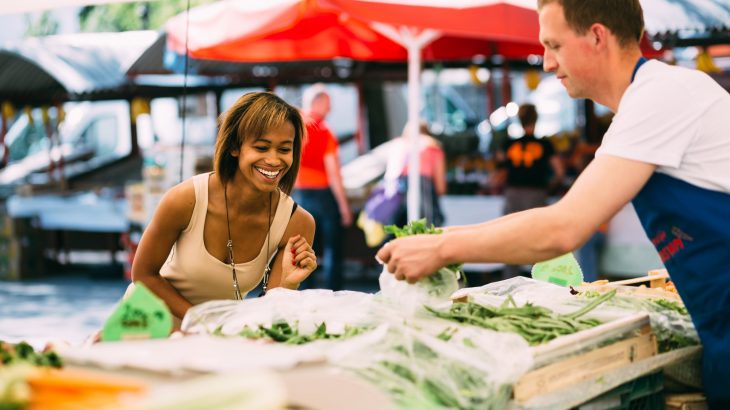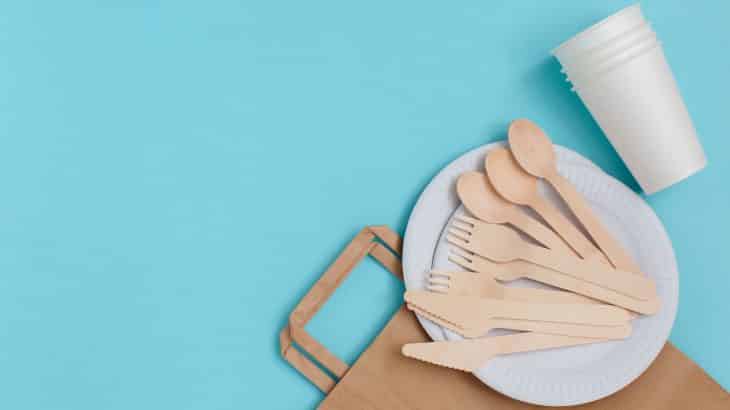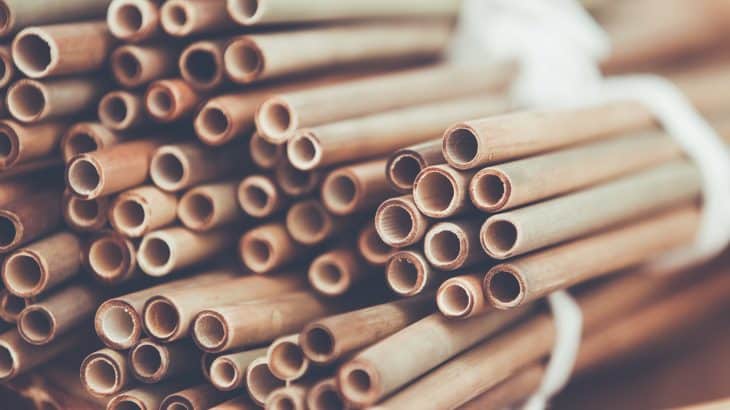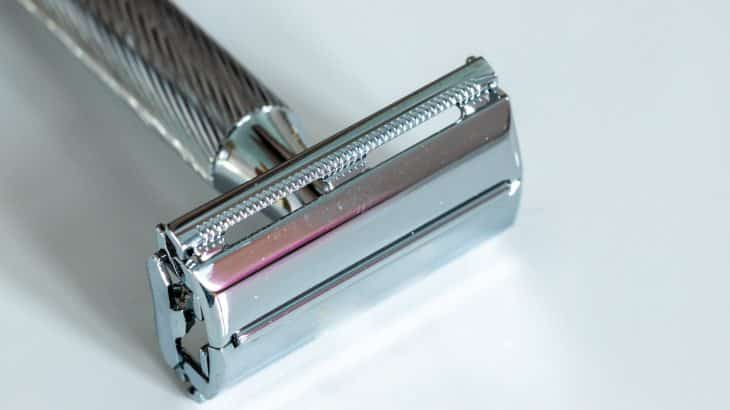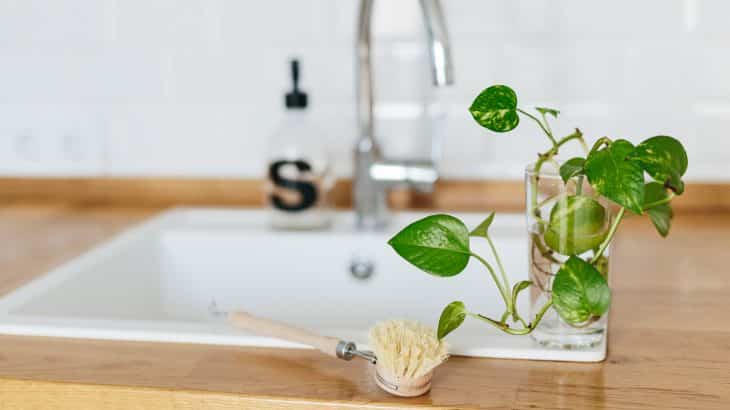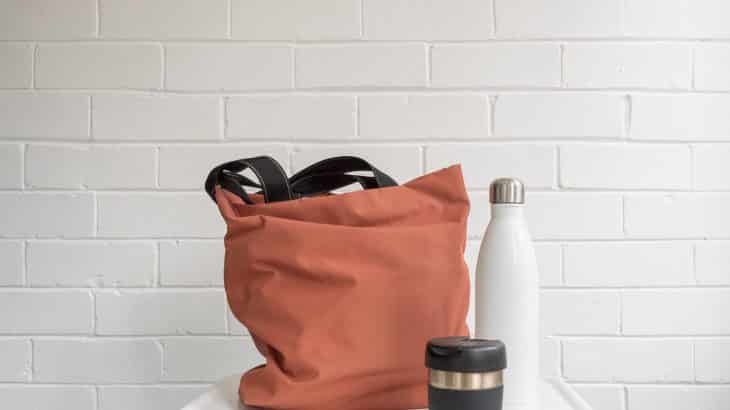If you’re anything like me, the idea of going plastic-free sounds unrealistic. Between a full-time job and weekend-consuming hobbies, changing all my habits to exclude plastic seems like an expensive and insurmountable feat. And what do I do with all the plastic I already own and use?
Going plastic-free isn’t reserved for treehuggers, the wealthy and conservationists. Eight million metric tons of plastic enter the ocean each year, harming water sources, animals and ourselves. It doesn’t matter if you don’t litter or leave trash on the beach—if you continually buy plastic products, you are contributing to our ocean’s greatest problem. The reality is, many items you recycle actually end up in a landfill with all other kinds of trash. When landfills aren’t properly maintained, that trash blows into local water sources and eventually ends up in the ocean.
12 Accessible Plastic-Free Swaps
Going plastic-free doesn’t have to be an overhaul on your routine. Almost everyone uses these products on a daily basis and will restock each for the duration of their lifetime. By switching each item to a plastic-free or environmentally-friendly alternative, you make a huge contribution to keeping our oceans clean and showing others how to do the same! There’s no need to go through your home and throw away every item containing plastic; use the products you already have and move forward buying these plastic-free and biodegradable alternatives.
1. Toothbrush
In the US alone, one billion plastic toothbrushes are thrown away every year and yes, if you use a plastic toothbrush, you’re part of the problem. Swap your plastic toothbrush for a fully biodegradable toothbrush made of bamboo that lasts just as long. Wowe’s four pack is affordable and keeps you set on eco-friendly toothbrushes for the year or you have enough for the whole family.
2. Toothpaste
Making your own toothpaste is too easy not to do and you’ll be helping the environment, saving money and whitening your teeth! I started making my own toothpaste in college and I purposely didn’t tell my dentist I was using a fluoride-free alternative to see if they would notice a difference; he didn’t and my teeth were whiter than ever before.
All you do is mix equal parts coconut oil and baking soda in an air-tight glass jar. The taste and texture take some getting used to but you’ll like the slick, clean feeling the oil cleaning gives your teeth. And if it’s too plain, just add a few drops of peppermint essential oil.
3. Q-Tips
Bamboo really saves the day when it comes to reducing your plastic-use with no noticeable change to your routine. These Q-Tips are 100 percent compostable with the same look and feel of drugstore Q-Tips.
4. Shampoo Bar
As if keeping plastic bottles and harmful chemicals out of the ocean isn’t enough, Lush shampoo bars are also beautiful! One shampoo bar lasts for up to 80 washes and all the essential oils leave your hair smelling divine. Plus, you can get a small round tin to keep your shampoo bar in when you travel.
5. Body Soap
Skip the chemical-laced body washes from the drugstore and opt for an ethically sourced, responsibly packed and delicious smelling bar of soap from Dr. Bronners. The pure Castile bars are biodegradable with a recycled wrapper and different scents like rose, lavender and peppermint or unscented. They’re available online plus sold in many stores like Target, Whole Foods and Walgreens.
6. Reusable Shopping Bags
Reusable shopping bags are everywhere now and if you haven’t already made the switch, it’s time. According to Waste Management, plastic bags kill approximately 100,000 marine animals every year and US paper bag use requires 14,000,000 trees to be cut down annually. Cloth shopping bags are sold practically everywhere—including grocery stores—so there’s really no excuse to not make the switch. Just be sure to wash your bag between uses to combat bacteria growth.
7. Shop in Bulk or at a Farmer’s Market
Now that you’re armed with your reusable cloth bags, it’s time to hit the farmer’s market or bulk store. Buying in bulk means you bring all your own containers and bags to a bulk store where you choose the quantity of each item and pay based on the weight. While buying in bulk usually doesn’t completely eliminate plastic packaging, it cuts down on it as more items are contained in a single package verse each item in its own, like in a store like Costco. Similarly, at a local farmer’s market, almost nothing is in packaging so you just fill your own reusable bags with produce.
If you’re still not convinced, next time you take out your recycling, take stock of what’s in the bin—it’s likely all unnecessary product packaging.
8. Bamboo To-Go Utensils
I received this trendy set of travel utensils as a gift and I couldn’t be happier with them. When I travel, I’m often out and about all day and end up picking up take-out on the way back to my accommodations. With my own set of bamboo utensils, I can confidently refuse single-use plastic utensils from a restaurant and avoid hunting around my hostel or hotel for clean utensils.
9. Say No to Straws
If you haven’t noticed, straws have become the poster child for the single-use plastic movement in the US.
When you dine out, bring your own reusable straw and tell your server as soon as possible that you do not need a straw. Better yet, if you don’t need a straw for medical purposes and don’t use one in your daily life, forgo buying the very on-trend metal and glass straws. Yes, they are a convenient alternative to single-use plastic, but they could still end up polluting our oceans or even chipping your teeth. If you absolutely must use straws, go for bamboo straws verse glass or metal, as they are multiple-use and biodegradable.
10. Stainless Steel Safety Razor
Two billion disposable razors are thrown away each year in just the US and since they are not recyclable, they end up in landfills and the ocean. Though more expensive up front, stainless steel safety razors offer an even better shave than disposable razors without all the plastic pollution. You keep your stainless steel handle for life and just replace the recyclable razors as needed.
Unfortunately, you can’t travel with a safety razor in your carry-on bag since the razor is so easy to remove. If you only travel with carry-on bags like me, bring your stainless steel handle and buy a razor in destination, bring a plastic razor you already had from before the swap or purchase this razor made from recycled plastic.
11. Dish Sponge
Trade your plastic dish sponge made with all kinds of harmful chemicals to a compostable cellulose sponge. Twist Scrub Sponges and Zeroyway Dish Scrubbers are biodegradable and get your dishes squeaky clean for an affordable price.
12. Reusable Water Bottle
Similar to plastic straws and bags, plastic water bottles are widely frowned upon in the US and beyond. More than 50 billion plastic water bottles are made using 17 million barrels of oil each year when all anyone needs is a BPA-free reusable water bottle. MIRA’s 17-ounce stainless steel, insulated water bottles keep liquids cold for 25 hours or hot for 12.
Beach.com is a participant in the Amazon Services LLC Associates Program, an affiliate advertising program designed to provide a means for sites to earn advertising fees by advertising and linking to eligible products on Amazon.com. Beach.com earns a commission when you purchase a product through one of the affiliate links at no additional cost to you.
